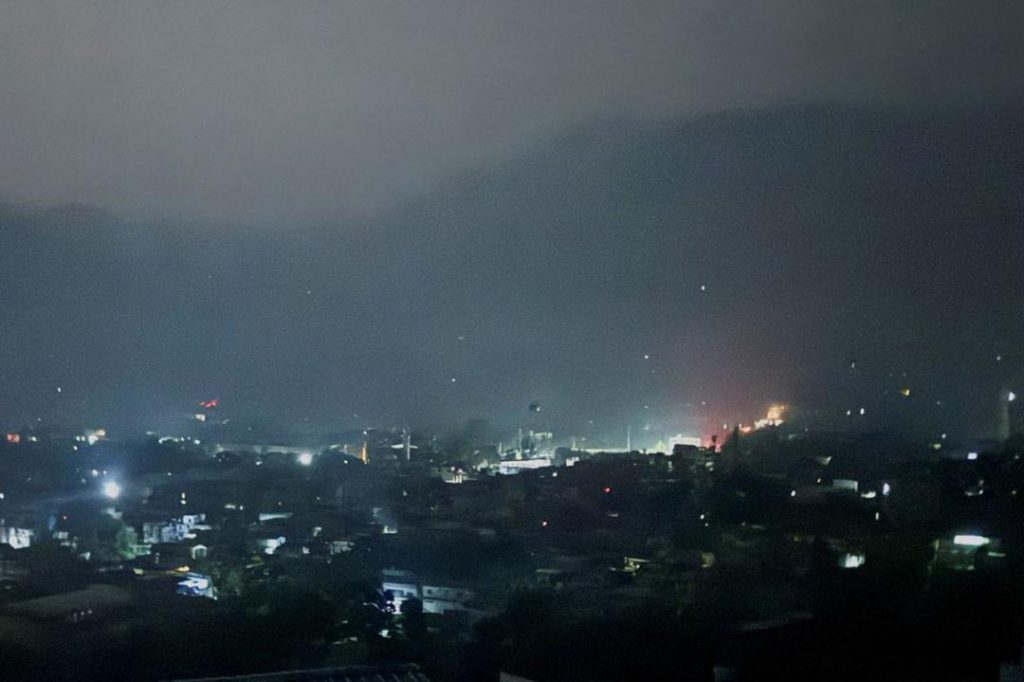
It Will Not Go Unanswered: Pakistan’s Threat to India After Operation Sindoor
On Tuesday, India launched Operation Sindoor, a surgical strike targeting nine terror infrastructure sites in Pakistan and Pakistan-occupied Kashmir (PoK) in response to the deadly Pahalgam attack that killed 10 innocent civilians. The operation, which was carried out by the Indian Army, was aimed at dismantling the terror networks that have been operating from Pakistani soil and causing harm to Indian citizens.
In response to India’s bold move, the Pakistan Army issued a statement, saying that “it won’t go unanswered.” Pakistan threatened to retaliate at a time and place of its own choosing, adding that “the temporary pleasure of India will be replaced by enduring grief.”
Pakistan’s reaction to Operation Sindoor is not unexpected. The country has a history of denying any involvement in cross-border terrorism, despite overwhelming evidence to the contrary. However, the latest statement from the Pakistan Army suggests that the country is prepared to take military action against India in response to the surgical strike.
The Pahalgam attack, which was carried out by terrorists from Pakistan, was a wake-up call for India. The attack, which killed 10 civilians and injured several others, was a stark reminder of the threat that terrorism poses to national security. In response, India decided to take decisive action and launch Operation Sindoor.
Operation Sindoor was a well-planned and executed operation that targeted nine terror infrastructure sites in Pakistan and PoK. The operation was carried out by the Indian Army’s Special Forces, who infiltrated deep into enemy territory and destroyed the terror infrastructure sites.
Pakistan’s statement threatening to retaliate against India is a clear indication that the country is prepared to take military action against India. However, Pakistan’s military capabilities are limited, and the country is unlikely to be able to inflict significant damage on India.
In recent years, Pakistan has been facing economic and political instability, which has weakened its military capabilities. The country is struggling to recover from the impact of the Pakistan Tehreek-e-Insaf (PTI) government’s economic policies, which have led to a severe economic crisis.
Furthermore, Pakistan’s military is facing internal challenges, including a growing insurgency in Balochistan and a Taliban insurgency in the north. The country’s military is also facing challenges in its operations against the Tehreek-e-Taliban Pakistan (TTP), which has been carrying out attacks on Pakistani security forces.
In contrast, India has a strong and well-equipped military that is capable of responding to any military action by Pakistan. India’s military has been modernizing its capabilities in recent years, and the country has acquired several advanced weapons systems, including the Rafale fighter jets and the S-400 air defense system.
India’s military is also highly trained and experienced, having fought several wars against Pakistan in the past. The country’s military has a strong military doctrine, which emphasizes the use of swift and decisive action to respond to any military threat.
In conclusion, Pakistan’s statement threatening to retaliate against India is a clear indication that the country is prepared to take military action against India. However, Pakistan’s military capabilities are limited, and the country is unlikely to be able to inflict significant damage on India. India, on the other hand, has a strong and well-equipped military that is capable of responding to any military action by Pakistan.
The situation between India and Pakistan is highly volatile, and it is essential for both countries to exercise caution and diplomacy to prevent any further escalation. India’s Operation Sindoor was a bold move that sent a strong message to Pakistan and its terror supporters. However, Pakistan’s response to the operation is a reminder that the situation remains highly unstable and volatile.
As the situation continues to unfold, it is essential for both countries to engage in diplomatic efforts to resolve their differences peacefully. The international community must also play a constructive role in promoting peace and stability between India and Pakistan.






